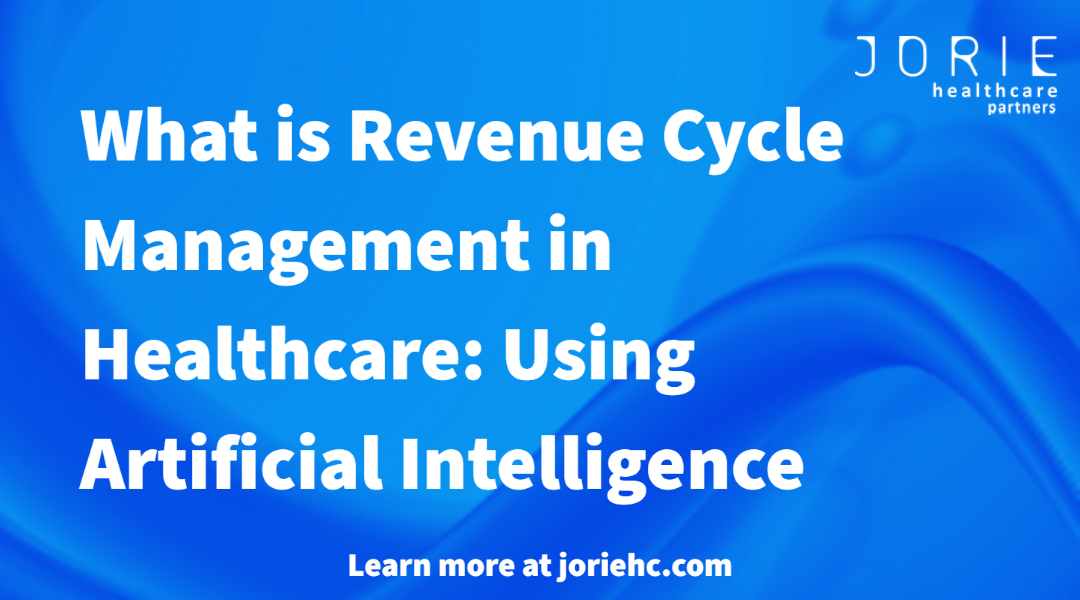Quick Summary
Recent advancements in artificial intelligence (AI) and machine learning are significantly improving healthcare operations. The introduction of generative AI and refined predictive models is enabling continuous enhancements based on feedback from frontline users. Several new products have been announced that exemplify this trend.
Key Developments in Healthcare AI
Improving Prior Authorization Processes
- athenahealth’s Initiative: The cloud IT provider aims to reduce the administrative workload of private practices by 50% over the next three years.
- AI Enhancements: Recent AI-driven improvements have led to a decrease in claims errors, reduced claim delays, and streamlined prior authorization processes.
- Time Savings: Practices reported spending nearly two full days weekly on prior authorization tasks, prompting athenahealth to launch new authorization management services.
- Impact on Patient Care: By moving away from manual authorizations, clinics have reduced patient wait times from weeks to just five days, enhancing both patient care and financial performance.
Advancements in Data Analytics
- Tuva Health’s Open-Source Platform: This new platform allows various healthcare stakeholders to develop and refine analytical models aimed at improving patient outcomes and operational efficiencies.
- Collaborative Efforts: Tuva Health is working with over 25 partners, including Oscar Health, to enhance data transparency and reduce costs.
- Community Review: New methods for data analysis are vetted by the open-source community before being implemented by users.
Supporting Frontline Healthcare Leaders
- Laudio’s AI-Driven Platform: University of Cincinnati Health has adopted this platform to combat nurse burnout and turnover by streamlining workflows for its 7,500 frontline staff.
- Data Aggregation: The platform consolidates data from various healthcare systems, providing insights and AI-driven recommendations to enhance leadership effectiveness.
- Focus on Engagement: The initiative aims to empower frontline leaders, improve team visibility, and foster a supportive workplace culture.
Enhancing Diagnostic Accuracy
- Spectral AI’s Innovations: The Dallas-based company has improved its AI-driven wound diagnostics by incorporating feedback from frontline users.
- Regulatory Milestones: The updated software has met regulatory standards in the UK and Australia, enhancing its diagnostic capabilities.
- Continuous Improvement: Ongoing feedback will further refine the performance of their diagnostic tools, contributing to better patient care.
Conclusion
The integration of AI in healthcare is paving the way for more efficient processes, improved patient outcomes, and enhanced operational capabilities. As these technologies continue to evolve, they promise to address longstanding challenges in the healthcare system.
